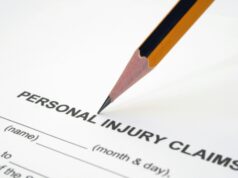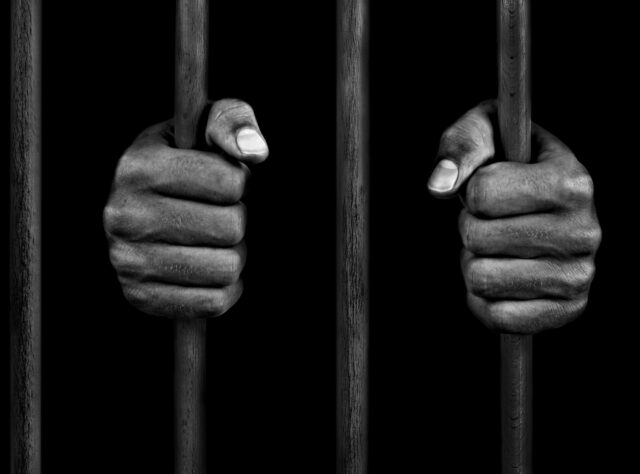
Going to prison is an incredibly difficult prospect to face. Going to prison for a crime that you didn’t commit is a crushing injustice that can never be remedied. Even the small portion of wrongfully convicted inmates who do eventually get their sentences overturned can never get back the years that they lost behind bars.
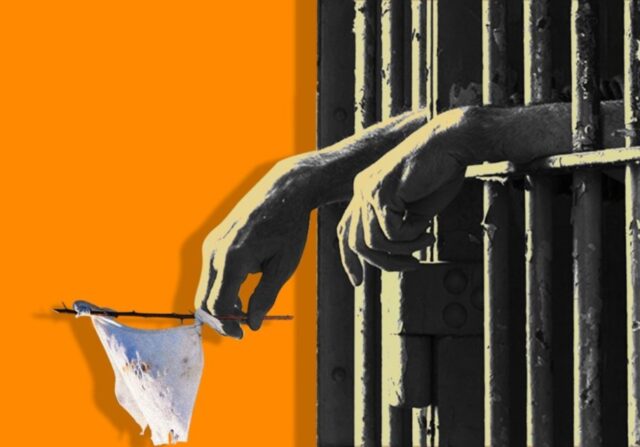
Getting Out
There are over two million people incarcerated in the United States of America. According to numerous studies, conservative estimates are that at least 40,000 of those inmates are innocent. That number might be much higher. Some suggest that the real number is over 100,000.
There are many reasons that wrongful convictions occur. With numbers that high, though, it points to the overall problem being a broken criminal justice system. Groups working on behalf of innocent people who have been wrongfully convicted of a crime are not simply working for their individual clients. They are also looking to show the people and lawmakers the flaws in the system in the hope that it can be rebuilt better.
Every year, thousands of people petition groups like The Innocence Project to take up their case and prove that they do not belong behind bars. These groups, however, are too small to take on all of the requests they receive. They are forced to prioritize based on the cases they feel have the highest chance of being overturned.
The easiest way to overturn a case is through DNA evidence. Unfortunately, DNA evidence is an available path in less than 10% of all instances. While these organizations do work on cases without DNA evidence as well, their success rate drops dramatically.
Even those who are eventually exonerated typically spend years and sometimes decades in prison before their names are finally cleared. Meanwhile, the world has moved on while they were locked away, and they are left to try to rebuild their lives essentially from scratch.
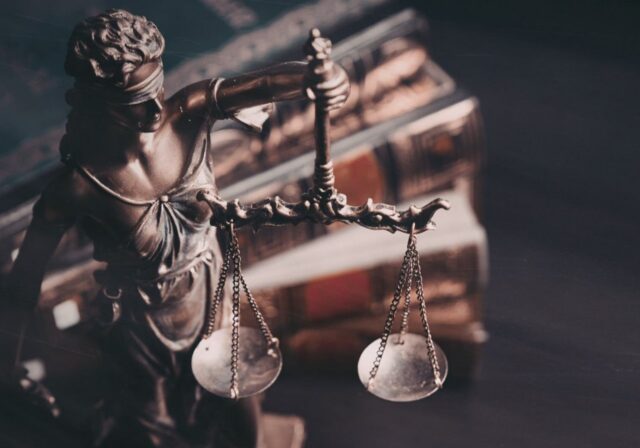
Receiving Compensation
All those who have been wrongfully incarcerated should have the right to receive compensation for their wrongful conviction and the ensuing prison sentence. Unfortunately, this is not always the case. Even when a person is able to receive compensation, it does not happen immediately.
You have two different paths to compensation if you’ve been wrongly incarcerated. One option is to receive money through exoneration statutes. This is the simple option that is open to everyone, no matter the reason you were wrongfully incarcerated. Click here to find out more about how a wrongful conviction lawyer can help your case.
There are only two downsides to exoneration statutes. One is that there is a cap on the amount of money a person can receive for each year spent in prison. The other is that there are still 15 states that do not have any exoneration statutes.
The other option for compensation is a civil rights lawsuit. If your wrongful incarceration was related to discrimination or another violation of your constitutional rights, this option is available regardless of the location. The only real downside to a civil rights lawsuit is that it can be hard to prove. For those who do win, though, the compensation package can be quite large.
There are also cases where a person who has been wrongfully convicted gets nothing. Sometimes, rather than throw out a previous conviction, a judge will order that the inmate should receive a new trial. However, it is up to the discretion of the prosecutor’s office if they choose to pursue a new trial or not.
Instead of retrying the case, the prosecutors will often come to the inmate and give them a choice. They can drop the charges for which they are currently being held behind bars if the inmate pleads guilty to a lesser charge. If the inmate agrees, they will be released based on time served.
However, a condition of this agreement is that they can no longer make a compensation claim. By pleading guilty to the lesser charge, the inmate is not considered innocent, which means they were not wrongfully incarcerated.
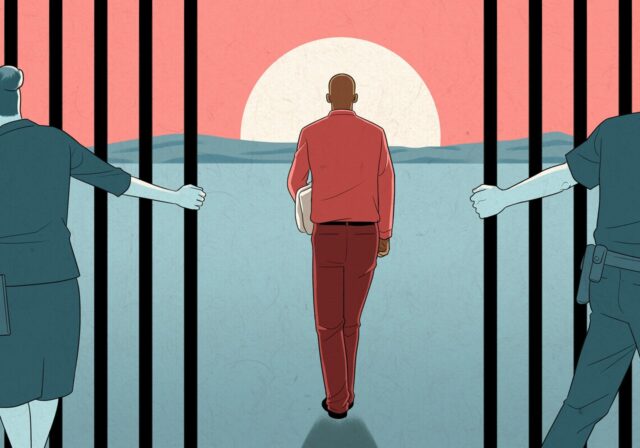
Rebuilding Your Life
Rebuilding a life for any prisoner can be very difficult. With our rapidly evolving society, when you have spent years locked away, the world you return to is very different from the world that you left. Aside from the world at large, your smaller personal world is going to be quite different. Some of the people you loved may have died or moved away. For those still around, your relationship will likely be far different than it was before.
A romantic partner may have moved on. A close friend or relative may have believed your guilt, which may make it difficult to rebuild the relationship.
Things can be compounded by the additional challenges that face those leaving prison due to exoneration. Housing and employment assistance available to a convict who has been paroled are not available to someone who has been let free because they were innocent. While there are the previously mentioned options for compensation mentioned earlier, those typically take some time to receive.
In the meantime, an exonerated person who doesn’t have a good support system of friends and family can be left in a very difficult position.
Fortunately, some of the groups working to free innocent people from prison, like The Innocence Project, will work with the people they get released from prison. They will help them with these and other issues presented by reentering society after a long absence. They essentially pick up the slack where the justice system continues to fail these people, even after they have been proven not to be guilty.

Finding Peace
Perhaps the most difficult thing to deal with when released after a wrongful conviction is overturned is the loss of time. Losing years of your life to prison can be very difficult to deal with on a psychological level. Relationships, careers, and ambitions can all be destroyed when a person spends 20 years locked away. No amount of money can give a person back the time that they lost.
Counseling can help a victim of wrongful incarceration deal with the grief they feel for the things they have lost. However, nothing can fully repair the damage done. The hope for those who have been exonerated is that they can find peace in their post-prison life. Unfortunately, this peace can prove to be quite elusive.



